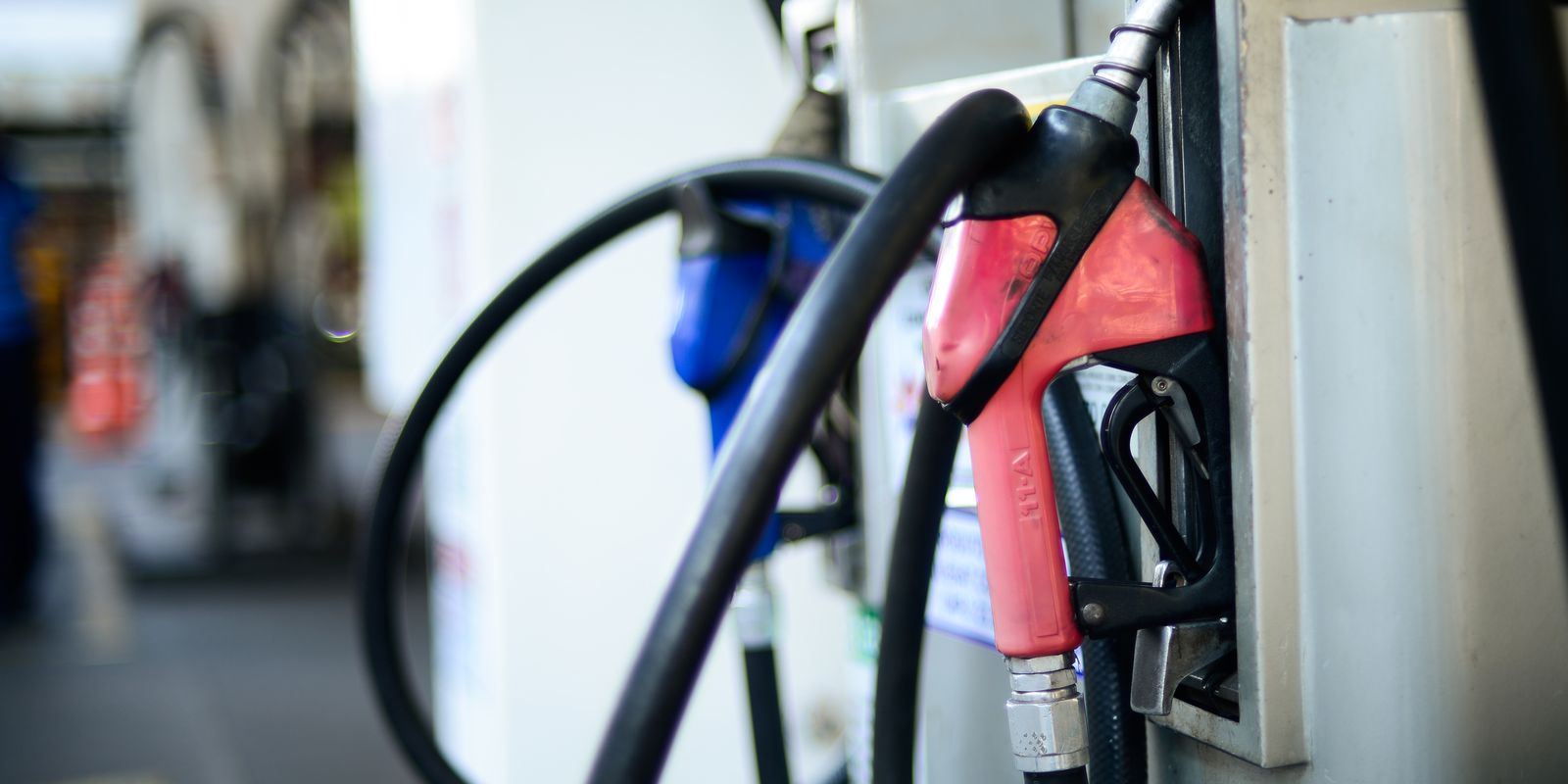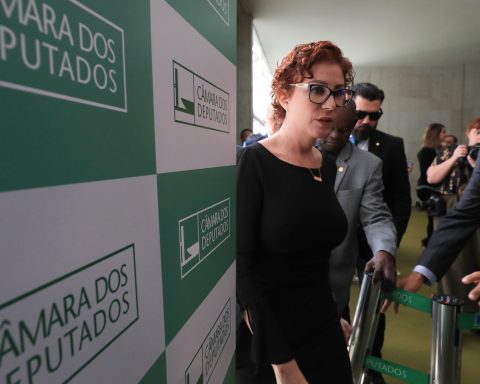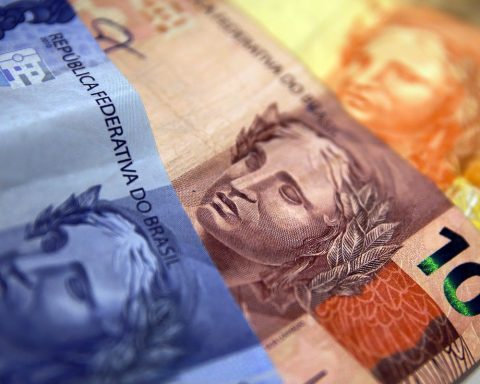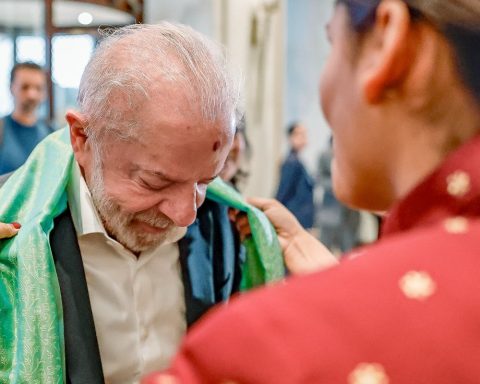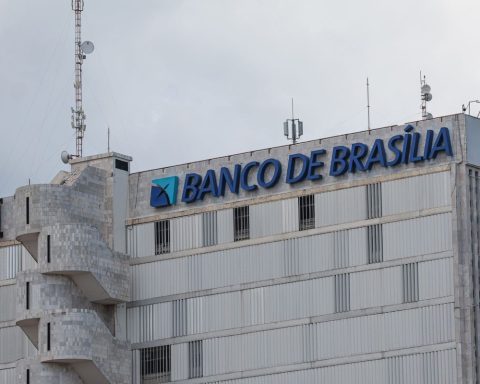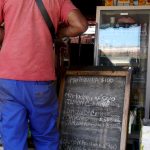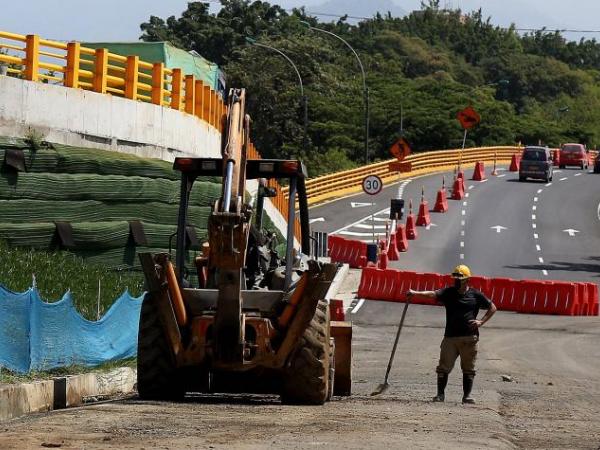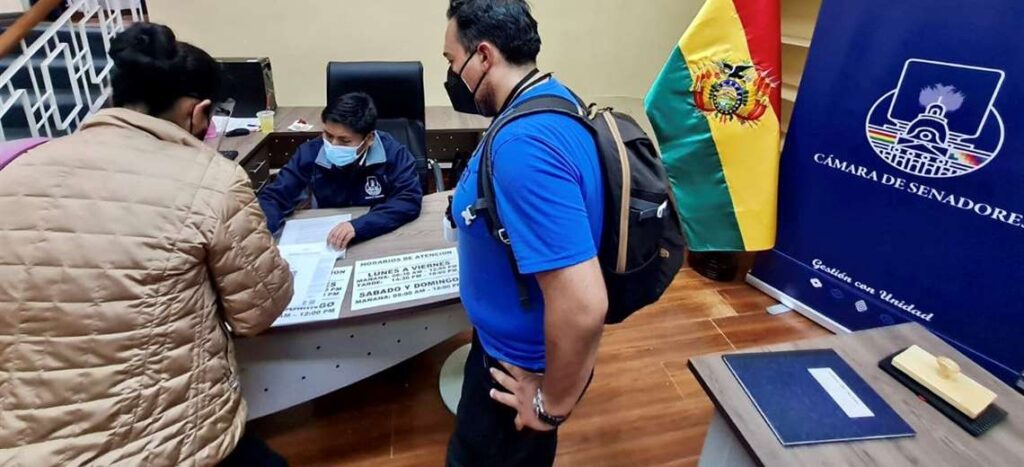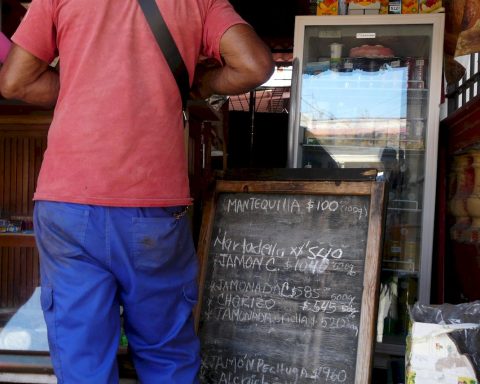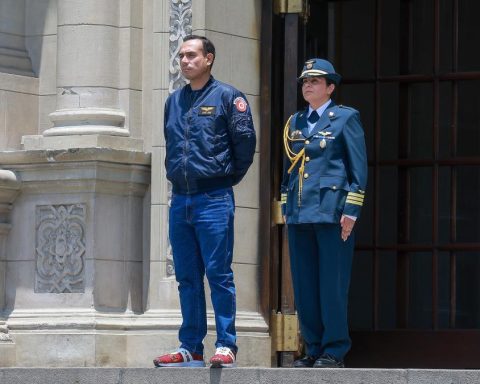Until the end of the year, ethanol and six foods will not pay tax to enter the country. The reduction to zero of the rates was announced tonight (21) by the Ministry of Economy, after an extraordinary meeting of the Executive Management Committee (Gecex) of the Chamber of Foreign Trade (Camex).
The measure benefits the following foods: coffee, margarine, cheese, pasta, sugar and soy oil. In relation to ethanol, the rate was set to zero for both alcohol mixed in gasoline and for alcohol sold separately. The tax will be zeroed as of Wednesday (23), when the measure is published in the Official Gazette.
According to the executive secretary of the Ministry of Economy, Marcelo Guaranys, the measure aims to control inflation. “We are concerned about the impact of inflation on the population. We are defining a zero import tariff reduction for just over seven products by the end of the year. This does not solve inflation, this is with monetary policy, but it generates an important incentive,” he declared.
According to the folder, the measure will make the price of gasoline fall by up to R$ 0.20 for the consumer. Currently, a liter of gasoline contains 25% anhydrous alcohol. Due to the recent increase in fuel prices, the government expects that the reduction in the import tariff will practically eliminate the effects of the last increase.
“We have an estimate that this could lead to a reduction in the price of gasoline by R$0.20 at the pump. This is a static analysis. In practice, this measure will end up cooling down the dynamics of price growth in the order of R$ 0.20”, said Foreign Trade Secretary Lucas Ferraz.
In relation to food products, the Ministry of Economy informed that the products benefited are the ones that are weighing most on inflation, according to the National Consumer Price Index (INPC). This indicator measures the impact of prices on lower-income families.
Currently, coffee pays an Import Tax of 9%; margarine, 10.8%; cheese, 28%; pasta, 14.4%; sugar, 16%; soybean oil, 9% and ethanol, 18%.
Capital goods
Camex also approved a further 10% reduction, until the end of the year, of the Import Tax on capital goods (machines used in industries) and on IT and telecommunications goods, such as computers, tablets and cell phones. The measure is intended to facilitate the purchase of equipment used by industrial producers and to lower the price of some technological items, almost always imported.
In March of last year, the government had cut the tariff for imports of capital and telecommunications goods by 10%. In total, the cut reaches 20%.
Until the beginning of last year, import tariffs for these products ranged from zero to 16% for goods that pay the Mercosur common external tariff (TEC). With the first reduction, the range had gone from 0% to 14.4%. Now, the rates went from 0% to 12.8%.
In November last year, the government reduced by 10% the tariff of 87% of imported goods and services until the end of this year. At the time, the government claimed the need to alleviate the effects of the covid-19 pandemic and that the measure had already been agreed with Argentina.
According to the Ministry of Economy, the government should stop collecting R$ 1 billion with the measures until the end of the year.
